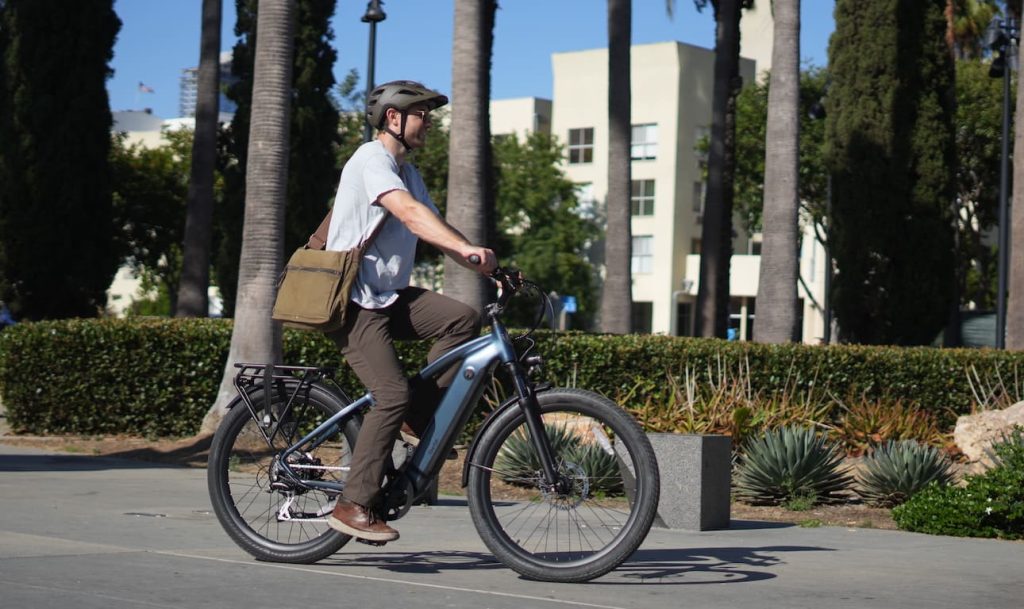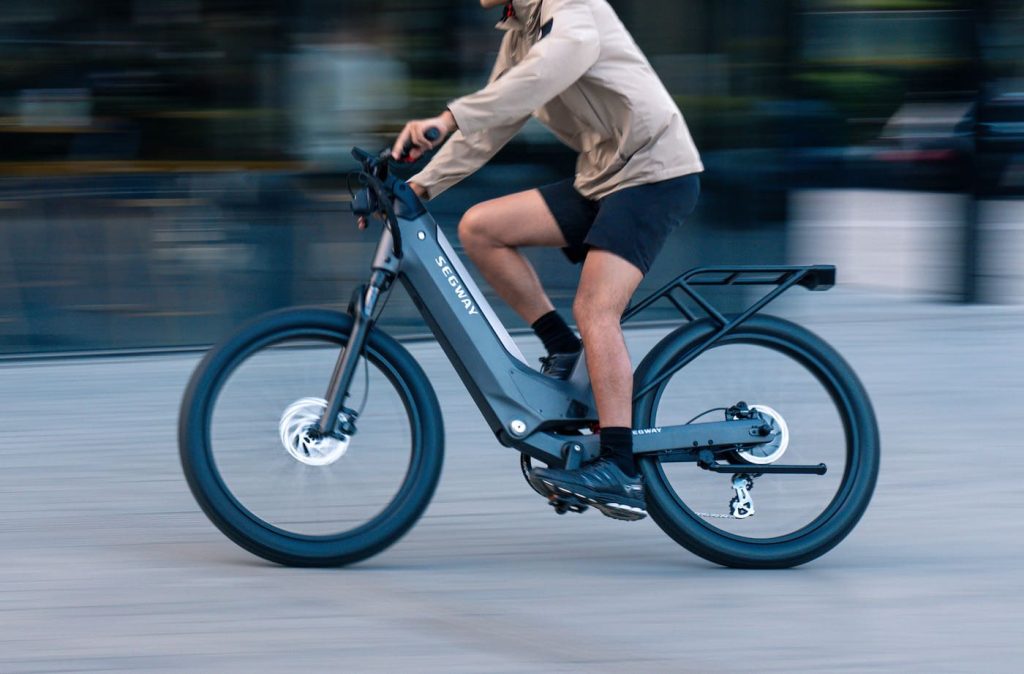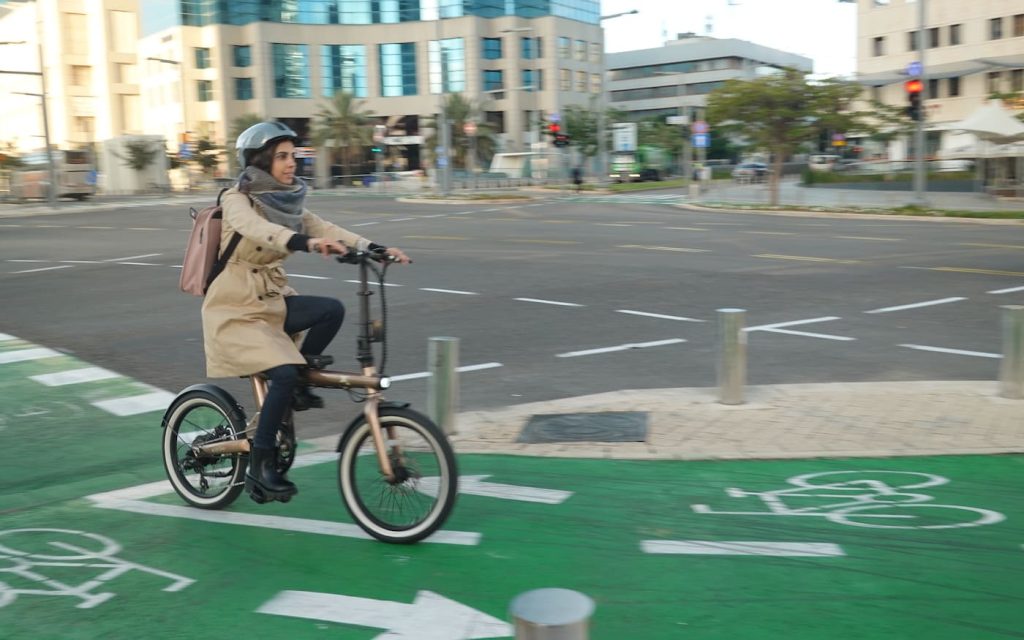As the notion of getting a company-provided car as a prime benefit of a new role has evolved over time. As young urban dwellers increasingly opt for the perks of e-bikes over car travel in cities, businesses are adapting to reflect this shift in transportation habits.
Electric bicycles have gained widespread popularity among commuters due to their ability to outmaneuver traffic in cities, often arriving significantly faster than cars or buses. Compared to electric vehicles, e-bikes are an order of magnitude more environmentally friendly, typically consuming around 25 watt-hours per mile, whereas a typical electric car requires approximately 250 watt-hours per mile.
Major technology companies such as Google and Amazon have been offering their employees access to micro-mobility options, including electric bikes, e-scooters, and traditional pedal-powered bicycles.
As Google spokesperson Jessica Sanborn put it:
“We offer this program to Google employees to support our sustainability goals and customer discount initiatives by providing staff with options to commute to work without relying solely on personal vehicles.”
As a more modern approach to corporate transportation, many organizations are now opting for mobility-as-a-service providers that give employees access to a curated selection of electric bicycles and other flexible commuting options.
RidePanda, a pioneering startup that initially focused on selling electric bicycles directly to consumers before shifting its strategy to offer e-bike subscription services to large corporations, aims to simplify the provision of e-bike benefits.
The company offers e-bike subscription services to employees at prominent organizations such as Amazon and Google, among others. Initial findings reveal that a significant majority of individuals who have taken advantage of these incentives had not previously been regular bike commuters but instead have transitioned to electric bikes or scooters following the opportunity to do so.

And it makes good sense. By incorporating e-bikes into corporate mobility strategies, organisations can harmonise with growing environmental concerns and cater to the practical demands of modern professionals.
On an environmental front, e-bikes offer a significantly greener alternative to automobiles, substantially reducing carbon footprints. By switching their daily drives to e-bike commutes and short excursions, employees significantly reduce air pollution and traffic congestion, thereby enhancing the overall livability of urban spaces.
Combining the physical benefits of traditional cycling with the convenience of motorised travel, e-bikes cater to a wide spectrum of fitness levels by providing a tailored workout experience. Riding an e-bike regularly can significantly boost cardiovascular health, build physical endurance, and diminish stress levels, ultimately leading to improved overall wellness. By promoting an active lifestyle, this innovative transportation method has the potential to lead to reduced healthcare expenditures and a decrease in employee absenteeism, ultimately benefiting corporate interests.
E-bikes can have a substantial impact on a worker’s wallet. Compared to owning a car, maintaining and operating an e-bike is significantly more cost-effective, taking into account expenses such as fuel, insurance premiums, and parking fees. E-bikes offer an affordable solution for urban professionals, especially in areas where parking is scarce and expensive. By circumventing traffic congestion and leveraging bike lanes and paths, commuters can conserve precious time during their daily journeys. It’s more crucial than ever to prioritize achieving a healthy work-life balance.

Following this observation, the prospect of enhanced productivity demands consideration. Commuting via e-bikes can lead to amplified energy levels and enhanced mental wellness, key factors driving up productivity and job fulfillment. Riders consistently attest that their daily morning commute on two wheels has a profound impact, effectively clarifying mental focus, alleviating work-related tension, and sparking innovative thinking. By offering e-bikes as an employee perk, the organization encourages a sense of community and shared values among its staff, especially when they use them collaboratively to and from work.
When my spouse began commuting to work on her electric bicycle last year, she quickly discovered that particular perk. Collaborative commutes in a group setting foster a sense of unity among colleagues, ultimately strengthening professional relationships by countering the isolating effects of solo car rides that can create a sense of disconnection at both the start and end of each workday?












